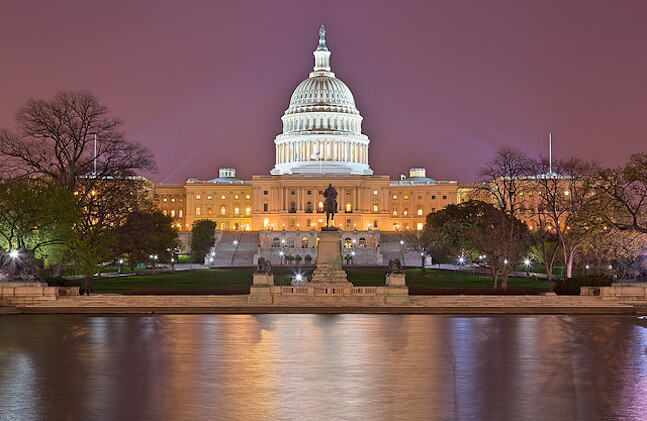Framing ethical perspectives
Multilateralism refers to a group of nations working together for a common goal. It is at the heart of international relations as nation-states form alliances with like-minded countries to take on global issues, such as climate, emerging technology, inequality, and collective security. Carnegie Council sees multilateralism as essential to generating solutions to global problems and a critical component of an ethical present and future.
Featured Multilateralism Resources
Inclusivity, AI & climate governance, and more
FEB 27, 2024 • Video
A Carnegie Council Conversation with the UK Home Secretary
MAR 28, 2024 • Video
Unlocking Cooperation: The Global South and Global North
In the inaugural panel of the "Unlocking Cooperation" series, Ramu Damodaran leads a discussion on forging a path forward for Global South/North collaboration.
OCT 18, 2023 • Video
Unlocking Cooperation: A Global Ethics Day Special Event
In this keynote event for Global Ethics Day 2023, Carnegie Council President Joel Rosenthal led a conversation on the psychology behind cooperation; ways that states, institutions, ...
Subscribe to the Carnegie Ethics Newsletter for more on ethics and international affairs
Related Initiatives
Model International Mobility Convention
The primary goal of the Model International Mobility Convention (MIMC) is to formulate new rules for migration and asylum that can benefit both migrants and refugees as well as their states of origin, transit, and destination.
Carnegie Ethics Accelerator
The Carnegie Ethics Accelerator is a new kind of incubator designed to empower ethics in the face of swiftly evolving challenges in technology and public policies.
Explore Our Multilateralism Resources

OCT 6, 2016 • Podcast
Karen Greenberg on Terrorism and "Rogue Justice"
What attracts young people to terrorism? Targeted killings, indefinite detention, mass surveillance--have Americans allowed too much power to be vested in the presidency? How are ...

OCT 6, 2016 • Podcast
Major Security Challenges for the Next President
Afghanistan, terrorism, U.S.-Russia relations: Col. McCausland gives an expert analysis of all these security challenges and more. Yet he concludes on a hopeful ...

OCT 5, 2016 • Podcast
How to Achieve Military Victory and Maintain National and Personal Ethics
Moshe Yaalon: "Military excellence has handed us an advantage on the battlefield, but this edge can only be maintained if we preserve our ethical superiority. ...

SEP 30, 2016 • Podcast
Free Speech: Ten Principles for a Connected World
In today's connected world--a "cosmopolis" dominated by the "four superpowers" Google, Apple, Facebook, and Amazon--what we need is to have more but also better free ...

SEP 29, 2016 • Podcast
The Will to Lead: America's Indispensable Role in the Global Fight for Freedom
"The world is on fire," says Anders Fogh Rasmussen, former secretary general of NATO and former prime minister of Denmark. He goes on to make ...

SEP 28, 2016 • Podcast
Karin Aggestam on Sweden's Feminist Foreign Policy
In 2015, the newly formed Swedish government not only declared that it was going to be a feminist government but its foreign minister, Margot Wallström, ...
SEP 21, 2016 • Podcast
Measuring Positive and Negative Peace with the Global Peace Index
If you're running a business you need metrics to succeed, and it's the same with peace, says Steve Killelea, founder of the Global Peace Index. ...

SEP 20, 2016 • Podcast
The Philippines, the South China Sea, and the Many Sides of President Duterte
Richard Heydarian, of Manila's De La Salle University, discusses the Philippines' landmark legal victory against China in the South China Sea dispute, and why the ...

SEP 20, 2016 • Podcast
Is Successful Integration Possible? Best Practices from North America and Europe
How can societies help migrants integrate into the schools, work forces, and cultures of their new communities? In a partnership with the Government of Catalonia, ...

SEP 14, 2016 • Podcast
The UN's Peter Sutherland on the Migrant Crisis
In the run-up to the UN Summit for Refugees and Migrants, Joanne Myers talks with Peter Sutherland about the challenges of implementing the 1951 Refugee Convention, ...




